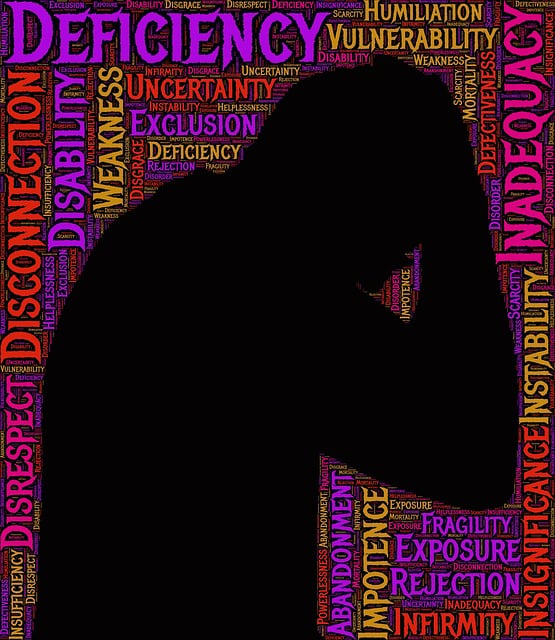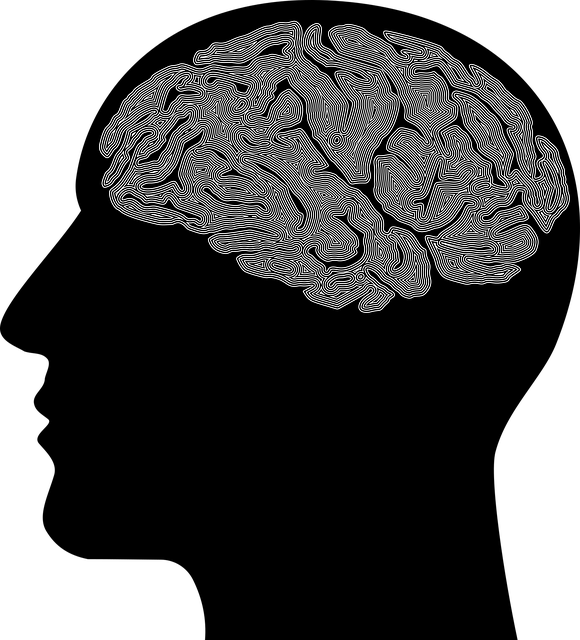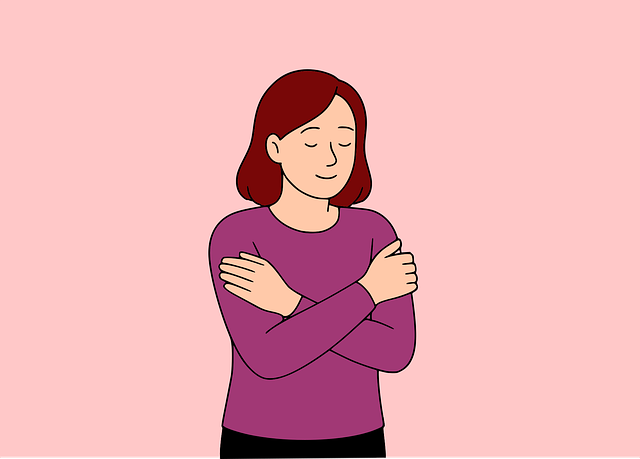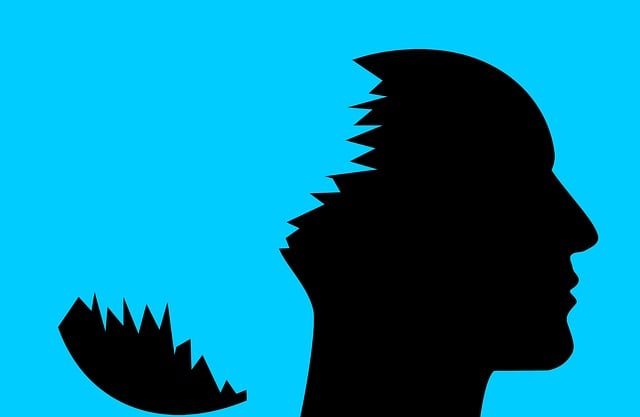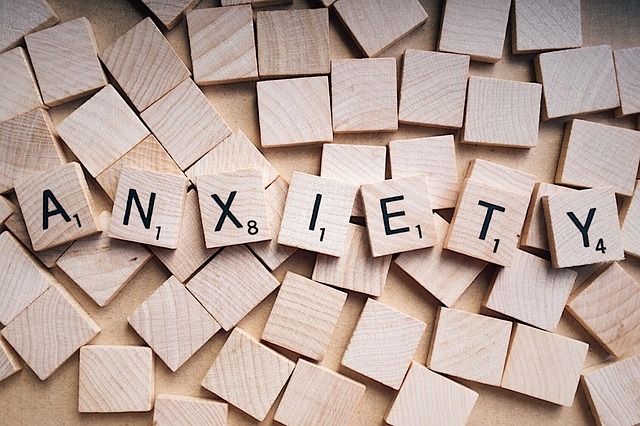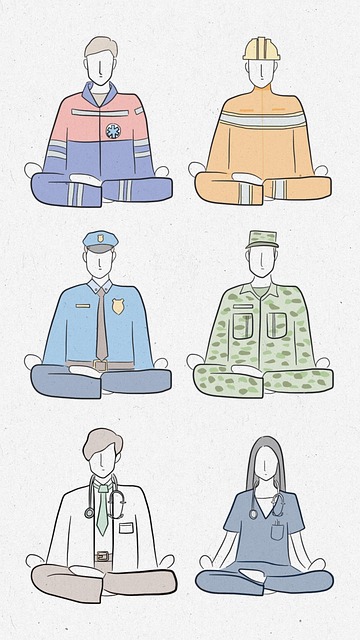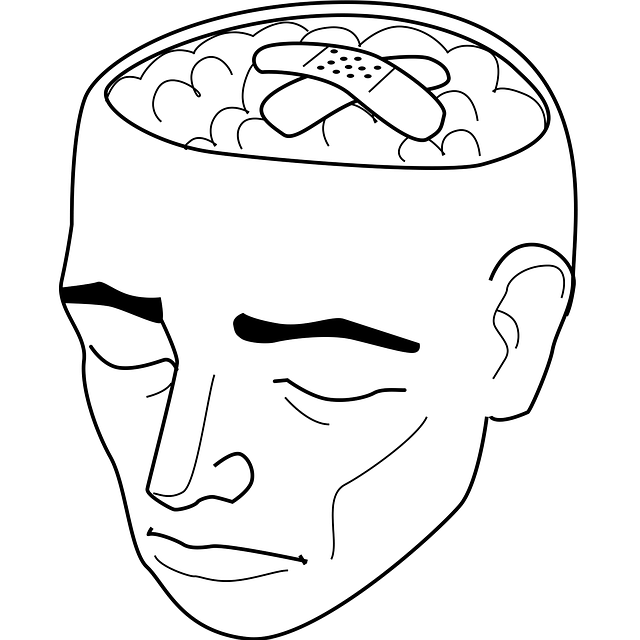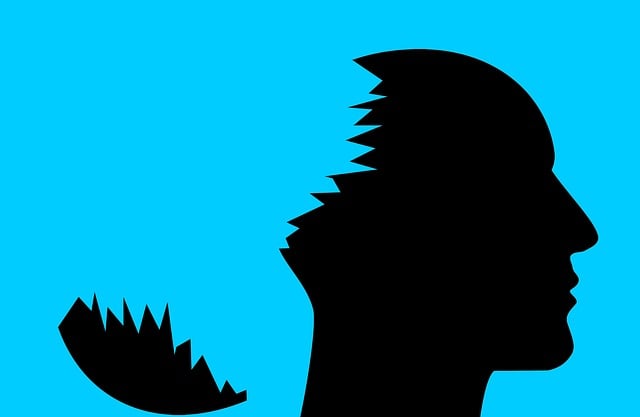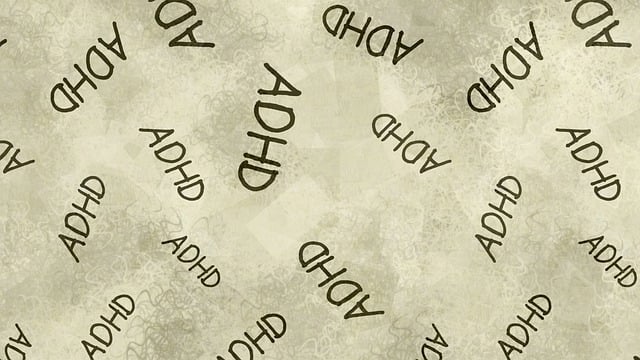Loss, grief, and bereavement profoundly impact individuals' emotional well-being, with loss defined as the absence of significant entities. Highlands Ranch Domestic Violence Therapy specializes in supporting clients through these complex processes, fostering resilience and healthy coping strategies. The impact of loss extends to all aspects of life, making burnout prevention crucial. Therapy offers safe spaces for emotion processing, self-care promotion, and positive thinking, helping individuals navigate grief journeys with enhanced resilience and healing. Through tailored counseling, stress management, and support network building, Highlands Ranch Domestic Violence Therapy guides clients towards emotional recovery.
In the face of loss, grief can feel like a relentless storm. Understanding these emotions is crucial for healing. This comprehensive guide explores loss, grief, and bereavement, delving into their impact on individuals and relationships. We identify signs of complicated grief and emphasize when to seek help from therapists like those offering Highlands Ranch Domestic Violence Therapy. Additionally, it navigates therapeutic approaches, support systems, and self-care strategies essential for navigating the aftermath of loss.
- Understanding Loss, Grief, and Bereavement: A Comprehensive Guide
- The Impact of Loss on Individuals and Relationships
- Identifying Signs of Complicated Grief and When to Seek Help
- Therapeutic Approaches for Loss, Grief, and Bereavement Counseling
- Navigating Support Systems and Self-Care Strategies After Loss
Understanding Loss, Grief, and Bereavement: A Comprehensive Guide

Loss, grief, and bereavement are deeply personal experiences that can profoundly impact an individual’s emotional well-being. Understanding these complex emotions is the first step towards healing. Loss refers to the absence or removal of something significant, whether it’s a loved one, a relationship, or a cherished possession. It is a universal experience that can occur in various forms, such as death, divorce, separation, or even a significant change in circumstances.
Grief and bereavement are natural reactions to loss. Grief is the emotional response characterized by deep sorrow, pain, and sometimes anger. It is not simply about mourning but also involves processing the reality of the loss and adjusting to life without what was once present. Bereavement, on the other hand, refers to the period after a significant loss, where individuals navigate through their grief and gradually adapt to a new normal. Building resilience during this time is vital for managing stress and mood, enabling individuals to find healthy ways to cope with their emotions as they work towards healing and recovery. Highlands Ranch Domestic Violence Therapy offers specialized support to help clients understand and navigate these complex processes, fostering effective coping strategies and promoting emotional well-being.
The Impact of Loss on Individuals and Relationships

The impact of loss extends far beyond the individual, permeating every facet of life—from personal relationships to professional interactions. When a significant loss occurs, it can create a profound sense of isolation and disorientation. Individuals may struggle to connect with others, leading to a breakdown in communication and support systems that were once integral to their lives. This disconnect can be especially detrimental for those who already face challenges like domestic violence, as the stress of trauma and loss often amplifies existing issues. For instance, a victim of domestic violence in Highlands Ranch might find themselves struggling to reestablish trust after escaping an abusive situation, only to be met with the unexpected loss of a loved one.
Such profound changes can profoundly impact mental wellness. The concept of “Mind Over Matter Principles” becomes increasingly relevant here, as individuals grapple with managing their emotions and navigating life transitions. Burnout prevention is crucial during these periods, as the stress of loss can lead to exhaustion if left unaddressed. Mental wellness coaching programs designed for development in times of crisis can offer valuable tools for coping. By prioritizing mental wellness, individuals can begin to rebuild their lives and strengthen relationships, moving towards recovery and rediscovering a sense of stability after the initial storm of loss.
Identifying Signs of Complicated Grief and When to Seek Help

Many people experience grief after losing a loved one, but there comes a point when normal mourning turns into complicated or prolonged grief. Recognizing the signs is crucial. Individuals may exhibit intense emotional pain, feelings of detachment from reality, and persistent preoccupation with the deceased. They might struggle to carry out daily tasks, experience profound anger or guilt, or have difficulty accepting the loss. These are all indicators that professional help is needed.
Seeking support from Highlands Ranch Domestic Violence Therapy can be transformative for those grappling with complex grief. Therapists offer a safe space to process emotions, providing tools to manage distress and promote self-care routine development for better mental health. By fostering positive thinking and emotional intelligence, individuals can learn to navigate their grief journey with resilience and ultimately find healing.
Therapeutic Approaches for Loss, Grief, and Bereavement Counseling

In addressing loss, grief, and bereavement counseling, various therapeutic approaches are employed to support individuals navigating these challenging emotions. One prominent method is Highlands Ranch Domestic Violence Therapy-inspired counseling, which focuses on creating a safe space for clients to express their feelings openly. This approach emphasizes empathy building strategies, allowing therapists to connect with clients on a deeper level and foster a sense of understanding and compassion. By validating their experiences and offering non-judgmental support, counselors help individuals process their grief in healthy ways.
Additionally, these counseling sessions often incorporate techniques tailored for stress management and depression prevention. Through structured activities and personalized guidance, clients learn coping mechanisms to handle the emotional turmoil associated with loss. By integrating evidence-based practices, counselors enable individuals to gradually adapt and find meaning in their lives after bereavement, ultimately promoting healing and resilience.
Navigating Support Systems and Self-Care Strategies After Loss

After experiencing a profound loss, individuals often find themselves navigating uncharted territories, seeking support systems to help them heal. This is where professional counseling and therapy come into play, offering a safe space to process grief and build resilience. At Highlands Ranch Domestic Violence Therapy, we understand that every person’s journey through bereavement is unique. Therefore, our therapists tailor their approach to meet the specific needs of each client.
Self-care strategies are an integral part of this healing process. Encouraging activities like meditation, exercise, or spending time in nature can significantly contribute to mental wellness and trauma support services. By incorporating these practices into their routines, individuals can enhance their ability to cope with grief and foster personal growth. Additionally, building a strong support network is vital for navigating the complexities of loss, ensuring that one doesn’t face these challenges alone.
Grief is a complex journey, but with the right support, individuals can navigate their emotions and find healing. By understanding loss, identifying signs of complicated grief, and exploring therapeutic approaches tailored to their needs, those affected by bereavement can begin to rebuild their lives. At Highlands Ranch Domestic Violence Therapy, we recognize that every person’s experience is unique, and our counselors are dedicated to offering compassionate support throughout this challenging process. Through self-care strategies and navigating supportive systems, individuals can find strength and resilience in the face of loss. Remember, seeking help is a sign of courage, and recovery is achievable with the right guidance.
